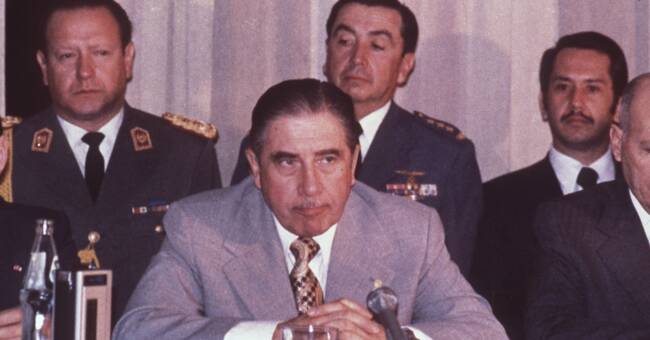During the years 1971 to 1992, ie largely during the time of the Pinochet dictatorship, more than 2,000 children from Chile were adopted into Swedish couples.
Over the years, there has been information that many of the adoptions did not go right, and since 2018, a criminal investigation is underway in Chile that contains over 630 Swedish cases.
Dagens Nyheter now reports that the Chilean military junta used the adoptions to Sweden in a political influence campaign that aimed to improve relations between the countries.
The campaign must have been managed from the Chilean embassy in Stockholm, writes DN.
Wanted to improve the regime's reputation
According to documents that DN has read, the military junta used the adopted children as a way to improve the regime's reputation in Sweden.
After the military coup in 1973 when Augusto Pinochet took power, few children were adopted from Chile to Sweden.
But the junta realized that adoptions could help spread a more positive image of Chile and break the country's isolation, according to Karen Alfaro, a doctor of history at the Universidad Austral de Chile, who has researched adoptions.
- They wanted to show the outside world that the dictatorship also cared about the abandoned children.
They wanted to show humanity, says Karen Alfaro to DN.
Sweden had an important position
According to Karen Alfaro, the junta created a new practice for forced adoptions of children from poor families in Chile through simplified processes, and the number of adoptions increased rapidly.
- Sweden had an important position within the UN.
Therefore, the junta wanted to improve the image of the dictatorship, especially after the anti-Chilean campaign run by political refugees in Sweden, says Karen Alfaro.
Almost all adoptions to Sweden were mediated through the association Adoptionscentrum.
The association's operations manager Kerstin Gedung says in a written comment to DN that the association "lacks the opportunity to know whether the Chilean junta regarded the adoption activities as a means of influence".

